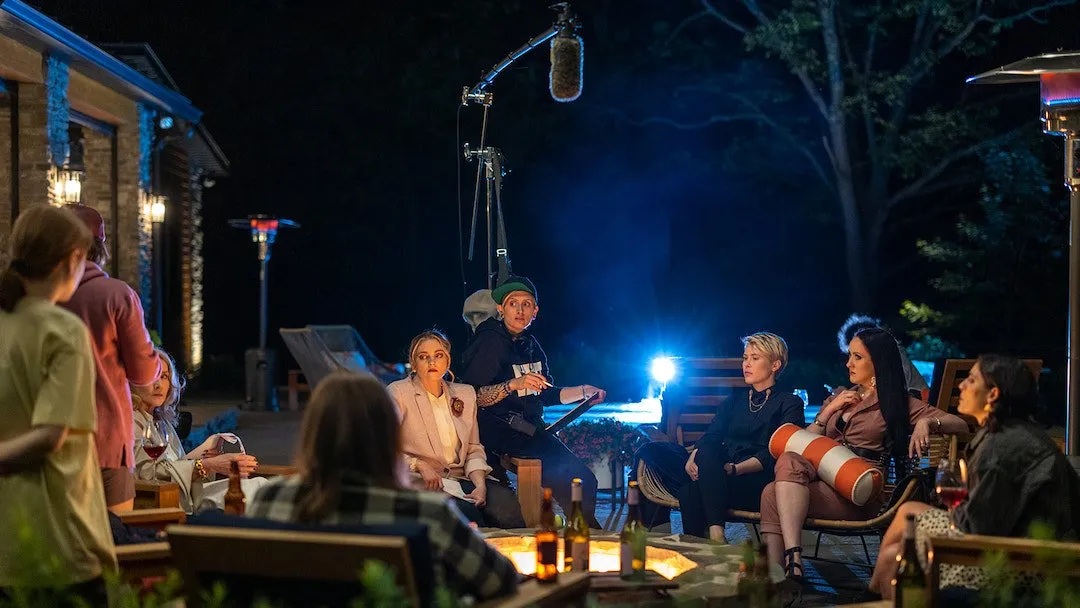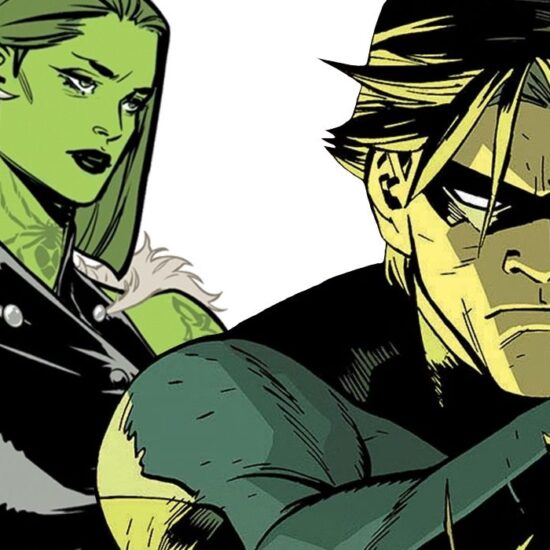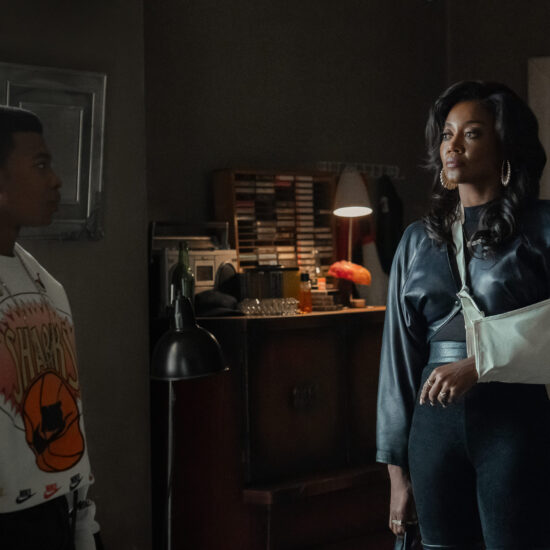
With great power comes great…what is it again?
It is undeniable that life imitates art. Film and television are arguably the most seductive art form on the planet. Celebrities and movie stars are unquestionably the most influential people in the public eye. If all of that is accurate, which I believe it is, then the people behind film and television—storytellers—are inherently powerful. And with great power comes great responsibility, right?
When we watch films and television, we see our existence reflected back to us in some way, which creates empathy. We grow close or even become obsessed with these characters living some version of our life—real or imagined, possessing some admirable or enviable quality, or on some journey we either wish we had the courage to take, or thank our lucky heavens we never have to experience. On some level, whether conscious or subconscious, we vicariously go on those journeys with them…and emulate them, learn from them, assimilate their qualities or decisions in major or minor ways. Life imitates art.
In Robert McKee’s famous book, Story, he states, “In 388 BC Plato urged the city fathers of Athens to exile all poets and storytellers. They are a threat to society, he argued. Writers deal with ideas, but not in the open, rational manner of philosophers. Instead they conceal their ideas inside the seductive emotions of art. […] In fact, the persuasive power of a story is so great that we may believe its meaning even if we find it morally repellent. Storytellers, Plato insisted, are dangerous people. He was right.” In my humble opinion, I don’t believe that storytellers ARE dangerous; I believe that they can be. And I’d add that in countless ways, they absolutely have been.
How do storytellers make a negative plot point even more impactful? They show something positive first—it creates a wider gap when things fall apart. What has that done? It has taught us to be leery of positive things happening…to “knock on wood,” to expect that if it’s too good to be true, it probably is. How do storytellers handle victimization? They employ vengeance, vigilantism, or some other manifestation of war. What has that done? It has taught us that “getting even” will satiate our feelings of powerlessness, or worse, that we are justified in employing the same violence that was forced upon us…and furthermore, that we will feel fulfilled at the end of this war. How do storytellers handle relationships? Does, “You complete me,” ring a bell? This or some version of it is at the root of every love story ever told. What has that done? It has taught us that we are not enough on our own to feel whole, let alone joyful or peaceful,and that it is other people’s responsibility to make us feel those things—which is of course improbable, if not impossible, and therefore setting us up for profound disappointment, or even more catastrophic: believing there is something wrong with us, leaving us feeling dejected, hopeless, and worthless. I’m sure most of you reading this think some, if not all, of these deductions are accurate—that storytellers are merely telling the truth about reality—art imitating life.
I believe something radically different: that we, with our beliefs, thoughts, words, and actions, create our own individual realities, to a degree we can hardly fathom. I believe that we are powerful beyond our wildest dreams and have the innate capability of harnessing that power to create a life filled with any feeling we desire. I believe that loving our truest self more than anyone or anything is the precursor to inner peace – and I believe our individuated outer world is an exact replica of our inner landscape. A planet in love starts with each of us falling in love with our own divinity and perfection. And my point in all of this is that I, as a storyteller, believe I have a personal responsibility to offer these different perspectives through my characters and their stories.
So, if life imitates art, and storytellers are behind the most powerful art form in the world, I believe storytellers must do better. We must dig deeper. We must elevate our consciousness to be the way makers—to show the world that there’s another way, a better way, a new perspective: that life can be beautiful and grand and joyful and peaceful and fulfilling and full of love and all the feelings we thirst for. That we are infinitely powerful. To expose the lies we’ve been indoctrinated with as merely a means to control the masses with fear and separation, ever widening the gap between “us” and “them.” To take fate into our own hands. And that’s what I, a storyteller, offer: new perspectives. And the promise that I will always all ways dig deeper. I will always all ways tell the Truth. I will always all ways make way.
Because if it’s True that the world is as we are, the only work to do lies within.
And if it’s True that storytellers have great power, then our great responsibility, our why behind our what, goes far beyond entertainment. It has the power to change the world…one “I” at a time…for better, or for worse. I choose for better. In fact, I dedicate my life to it. We’re all messengers; what message are you sending?
Tickets are available to purchase now for OUTSOUTH Queer Film Festival here.
Jennifer Cooney is an east coast writer + director + producer, and the CEO of her Production Company, HalfJack Generation. As a creative, she is deeply passionate about character-driven stories of inner demons and the courage it takes to transcend them. Her fascination and inspiration are driven by divinity & sexuality, love & truth, freedom & humanity, and how all those worlds intertwine. Her directorial debut, Wild Fire, received nine jury award nominations including Best Feature Film and Best Director at its world premiere in April 2023. It took home two wins that night. She lives between the countryside of Pennsylvania and the shoreline of Florida with her artist wife and their dogs. The two constantly spur each other towards creative expansion, spiritual evolution, and alignment with Love, Truth, and Freedom.
___
HalfJack Generation | Films Elevating Consciousness
halfjackgeneration.com
thewildfiremovie.com
IG @halfjacksnap @wildfiremovie














